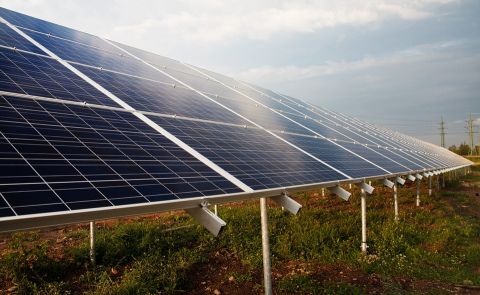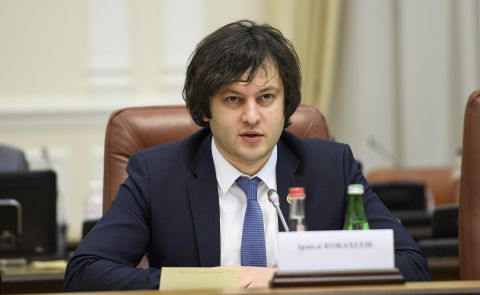
Political crisis in Armenia: opposition starts mass protests
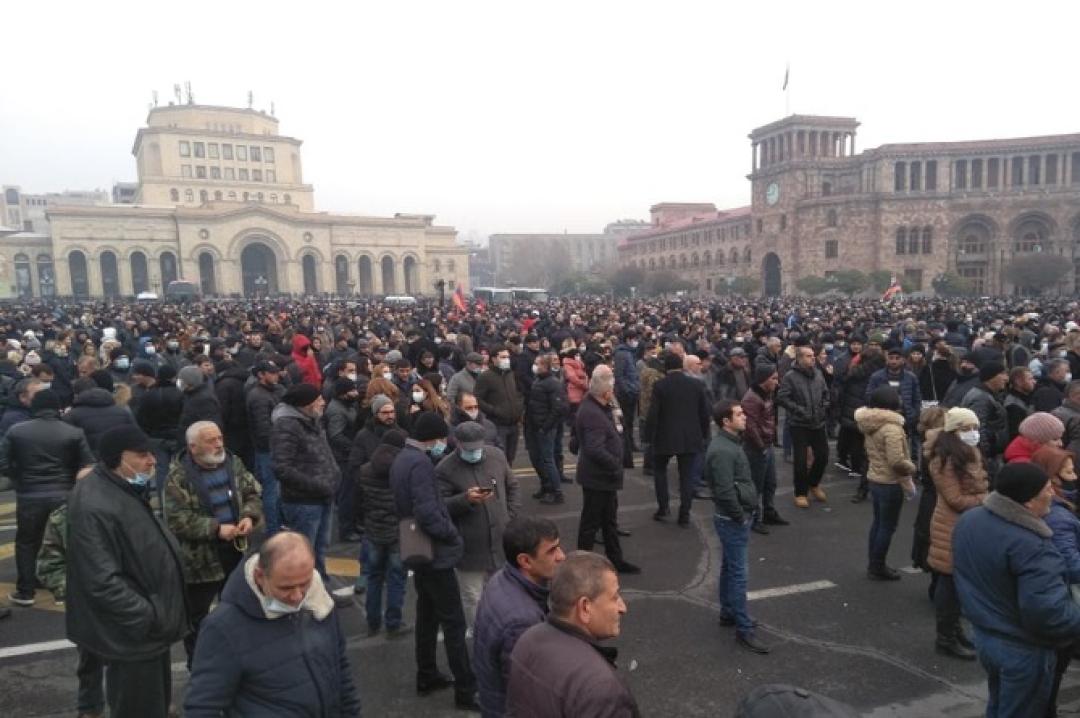
On 22 December, the Armenian opposition parties launched mass protests in the country demanding the resignation of Armenia's Prime Minister Nikol Pashinyan and the forming of an interim government tasked with holding snap parliamentary elections within a year.
“We must take the whole state system away from Pashinyan as a result of sustained, consistent and well-organised efforts,” said one of the leaders of the Armenian Revolutionary Federation (Dashnaktsutyun) Ishkhan Saghatelyan. The Prime Minister nominee of the National Salvation Movement Vazgen Manukyan urged Armenia’s armed forces and police to stop executing Pashinyan’s orders and “join the people.” “Switch to our side so that we solve the issue today,” he said. The opposition set up tents in the downtown Yerevan Republic Square that will stay until an official response comes from the government regarding the opposition’s demands. It was reported that during the protests police officers gathered near the government building and didn’t let government officials exit the building, saying that they could not leave.
The parliamentary opposition Prosperous Armenia and Bright Armenia parties initiated an extraordinary session of the National Assembly to discuss the abolition of the martial law in the country. Iveta Tonoyan from Prosperous Armenia said the government does not want to abolish it in order to limit the actions of the people. According to her, this is the last chance for the parliamentarians from the ruling My Step alliance "to save their face and future."
It was also reported that the Deputy Commander of the Armenian Internal Police Forces, Colonel Samvel Hakobyan, submitted a letter of resignation. He explained the decision by the fact that the authorities are giving illegal orders to the security forces amid opposition protests. "The events unfolding in Armenia over the past month prove that the government, ignoring the fatal problems facing our country, is only concerned with maintaining its own power. At present, an attempt is being made to involve the police, especially the police forces, in the political process, using the police as a baton and to decide personal and political processes,” Hakobyan wrote on Facebook.
The opposition forces in the country also claimed that the Deputy Chief of Military Police of the Ministry of Defence of Armenia for Operations Alexander Aghajanyan and Head of the Operational Service Tigran Yeghyan also submitted their resignations. “According to information, the reason for their resignations was that deputy of the My Step faction of the National Assembly Andranik Kocharyan and Chief of Military Police Ashot Zakaryan had instructed them to also work on gathering a large number of people to participate in the march organised by Prime Minister Nikol Pashinyan on December 19. Aghajanyan and Yeghyan refused to complete the assignment and submitted their resignation letters,” stated Dashnaktsutyun member Gegham Manukyan.
It was also reported that mayor of Goris Arush Arushanyan who was arrested after calling for civil disobedience against Pashinyan (Caucasus Watch reported) was released from his detention by a court order in Yerevan. However, the country’s Investigative Committee levelled a string of criminal charges against him afterwards. The Investigative Committee said that Arushanian has been formally charged with organising the unsanctioned protest, abusing his powers, engaging in illegal business activity and violent assault, and violating environmental protection norms.
As for Pashinyan, he stated that he still enjoys popular support in the country and that his resignation is primarily sought by Armenia’s “elite,” who he ousted in 2018. “The elite that lost power in Armenia as a result of the 2018 revolution is trying to take revenge. And we are talking about not only the political elite but also all those who had privileges until 2018 and have not had them since 2018. Thus, the real confrontation is not between the government and the opposition but between the people and the ‘elite’ who lost privileges in 2018,” he wrote on Facebook. He also stressed that in the current phase the government’s priority was to ensure the external security of Armenia and Nagorno-Karabakh and that the protest actions should not jeopardise the external security.
See Also

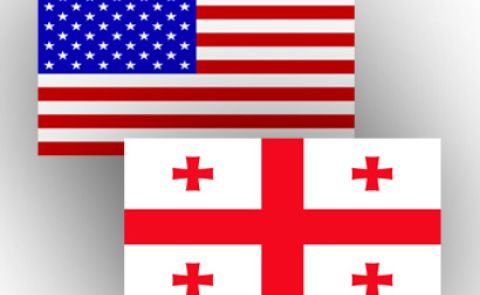
Kobakhidze Meets US Senator Daines to Discuss Bilateral Relations
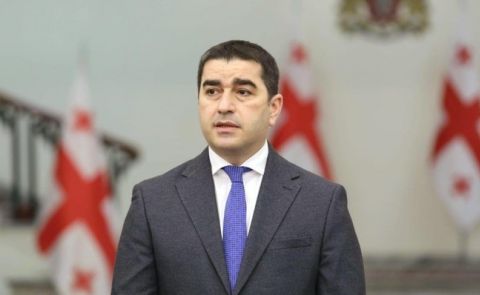
Georgian Speaker Condemns Embassy Travel Warnings as Economic Attack
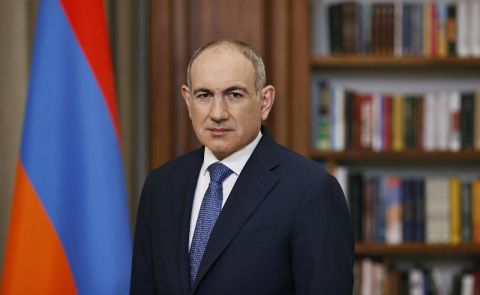
Political Crisis Deepens Between Armenian Government and Apostolic Church After Pashinyan’s Remarks
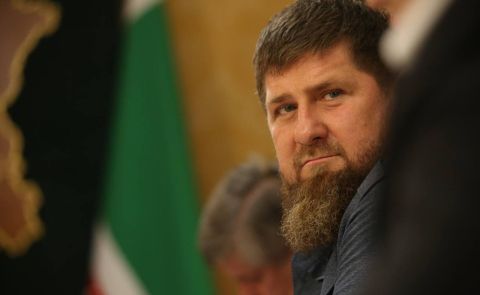
Ramzan Kadyrov Awards Title to Ingush Businessman
